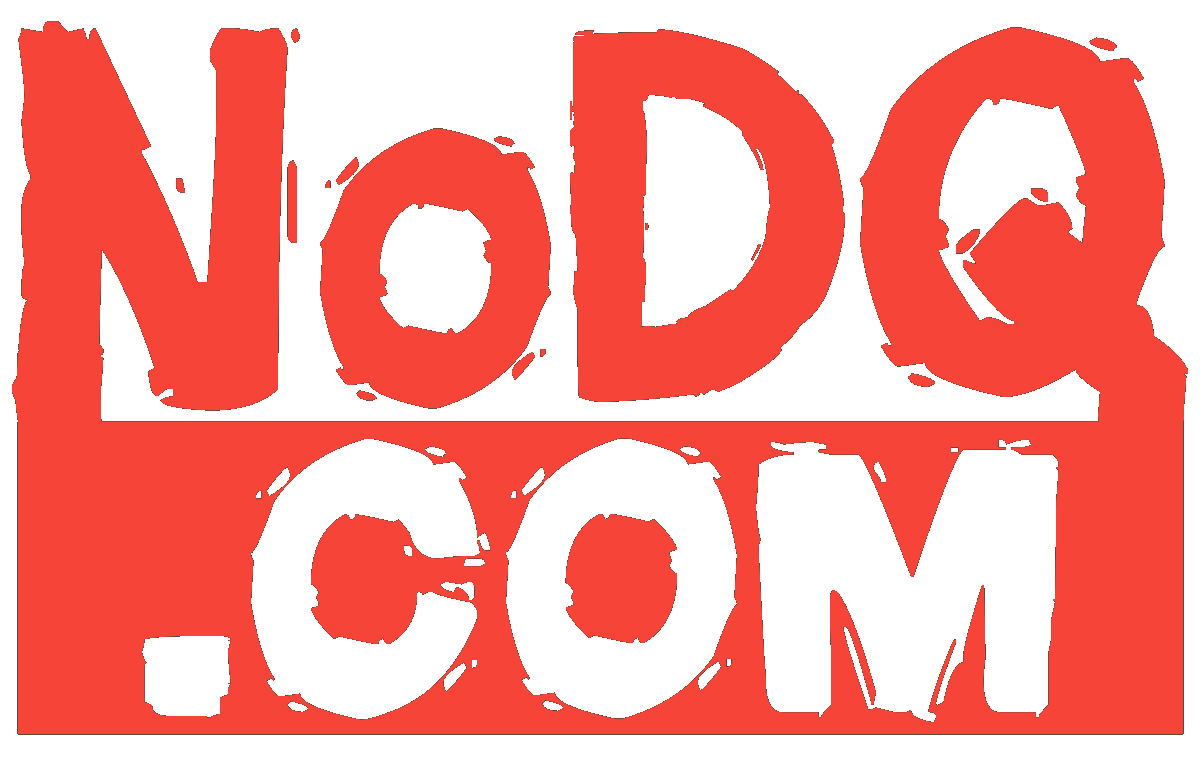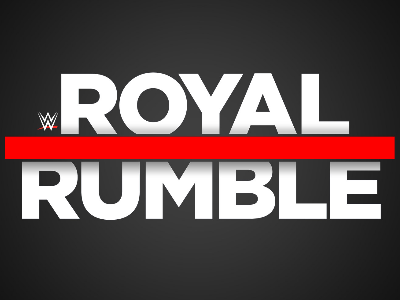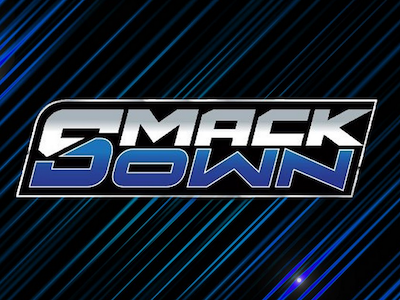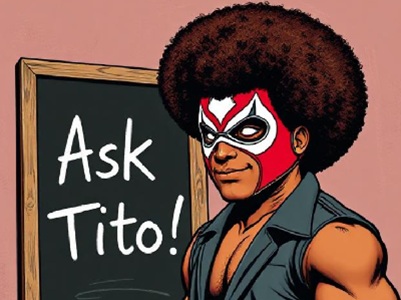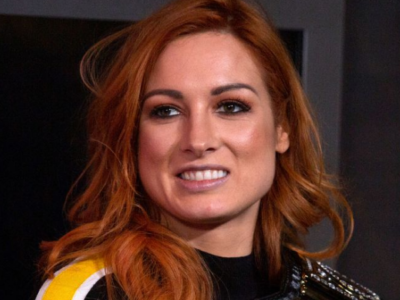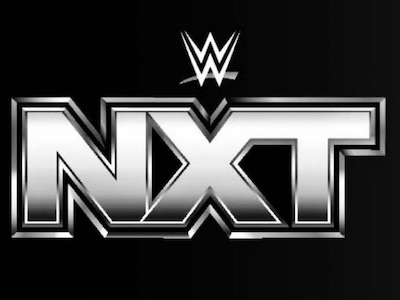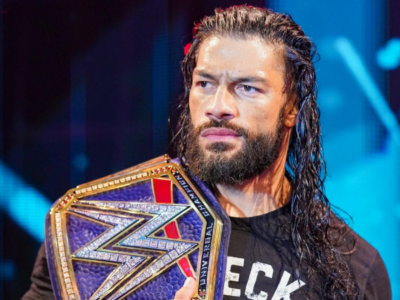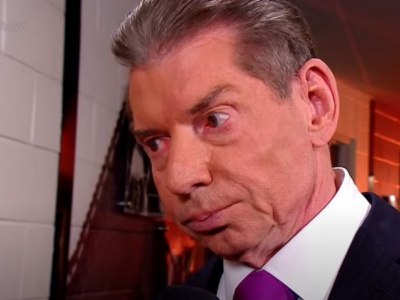How Vince McMahon changed the wrestling business forever
Before I get started, I want to put this into context. I’m not here to defend Vince McMahon or excuse the horrible things he did in the past, but to provide some context and look at what he’s done over the years to help the wrestling business. Yes, even though he’s done a lot of terrible things to get his company to where it is today, he has also helped a lot of people, and I want to focus more on the positive rather than the negative since the documentary emphasized the latter.
First, let’s look at the early part of Vince’s life. He came from a broken home with a stepfather who constantly beat him. He later found out who his real father was, and if anyone has followed or read about Vince Sr. and how he did business, they’d know he wasn’t a saint either. With two male role models like that, it’s surprising Vince didn’t turn out worse than he did.
Now, let’s consider the business side. Vince took a huge gamble when he decided to take his dad’s regional company and turn it into a national, and later international, enterprise. Today, everyone is copying the same model that Vince used. In that regard, he changed the industry’s business model for the better, in my opinion, giving wrestlers who might not have had a chance the opportunity to become stars and be known by a larger audience. But of course, it’s easier to focus on the negative.
Also, how many wrestlers, even after a lot of his skeletons came out, still see Vince as a father figure? Many. That’s because Vince was, and still is, a wrestling fan first and a businessman second. He was always willing to take time out of his busy schedule to help someone if they were uncomfortable with something he asked them to do. We all saw the video of Vince doing the zip line stunt at WrestleMania 12 to show how safe it was. He even did the stunt that tragically killed Owen Hart to demonstrate how safe it was supposed to be—but again, let’s focus on the negative instead.
After Eddie Guerrero’s death, Vince implemented a drug testing policy and offered to pay for rehab for anyone who had worked for him if they needed it, which he had done even before Eddie’s passing. He also took steps to prevent tragedies like what happened with Chris Benoit from happening again by banning certain moves and making the company safer for wrestlers. Part of this was a business decision, but he didn’t have to do it. Yet, again, the focus is on the negative.
Regarding the union issue, let’s face it: Vince wasn’t the first to block it, and he won’t be the last. Wrestling has always been an individual sport, and the top stars, even if they’re friends with the lower-card guys, aren’t going to risk their advantages to get better working conditions for others. So, in my book, that’s not really a negative—it’s just a business decision.
Vince is far from a saint, but who really is? Without Vince, I doubt anyone else could have accomplished what he did in the 80s, which changed the industry for the better.
There have been many allegations made about Vince and the company over the years, but most have been disproven in court. If you can’t trust the justice system, then what can you trust? But since the documentary painted such a negative picture of Vince and WWE, I guess that’s what people will believe, ignoring any good they’ve done.
In conclusion, everyone has skeletons in their closet and different sides to their personality, and Vince certainly has two extreme versions of himself. However, if you stop watching a product just because you don’t like the person running it, you’ll find yourself not watching much at all. A lot of the things Vince has done in his life can be said about many big businessmen of his generation. Morally speaking, if all that information came out about other companies, you wouldn’t be able to enjoy anything. So, I urge fans to base their love for a product on what they see, not on what’s happening backstage.
